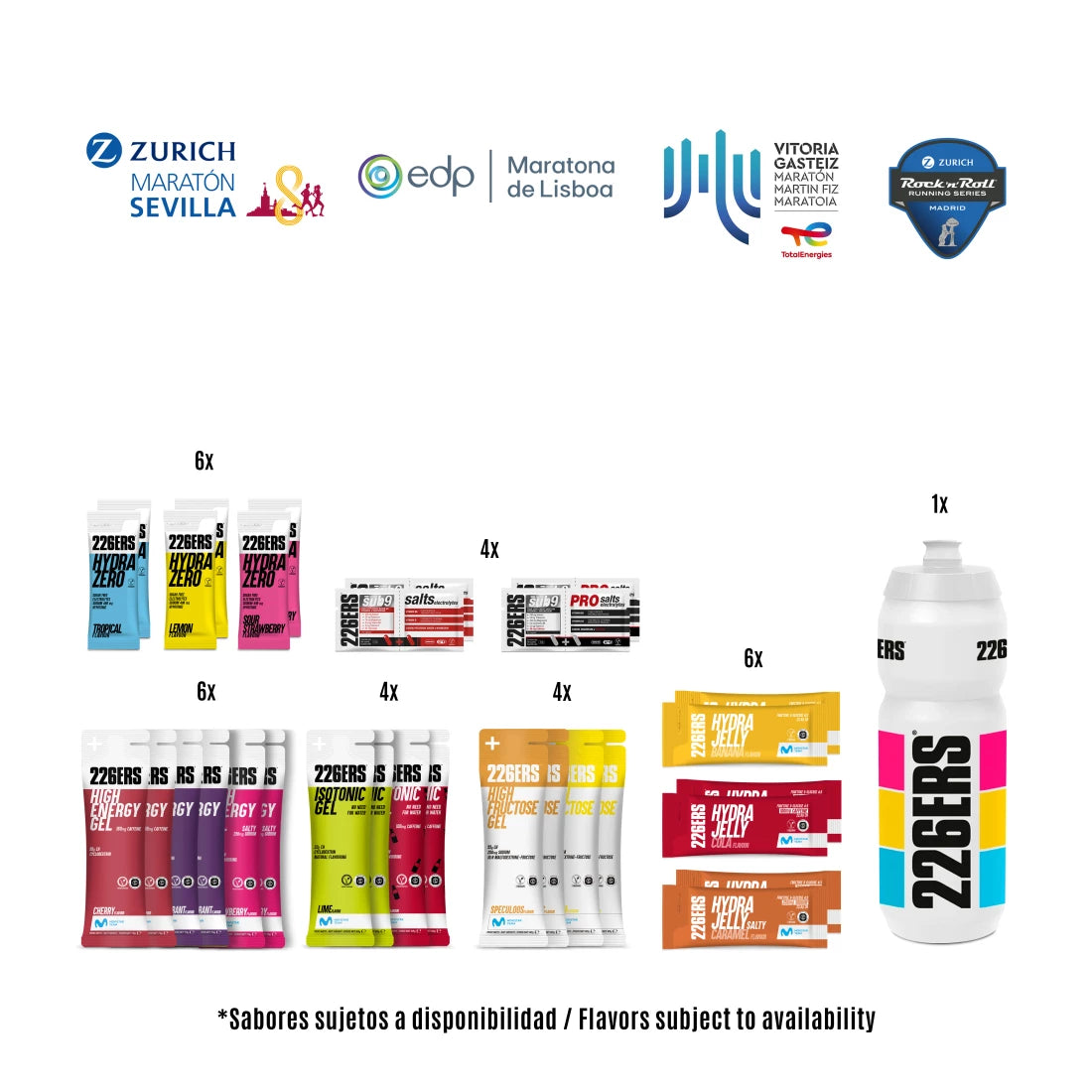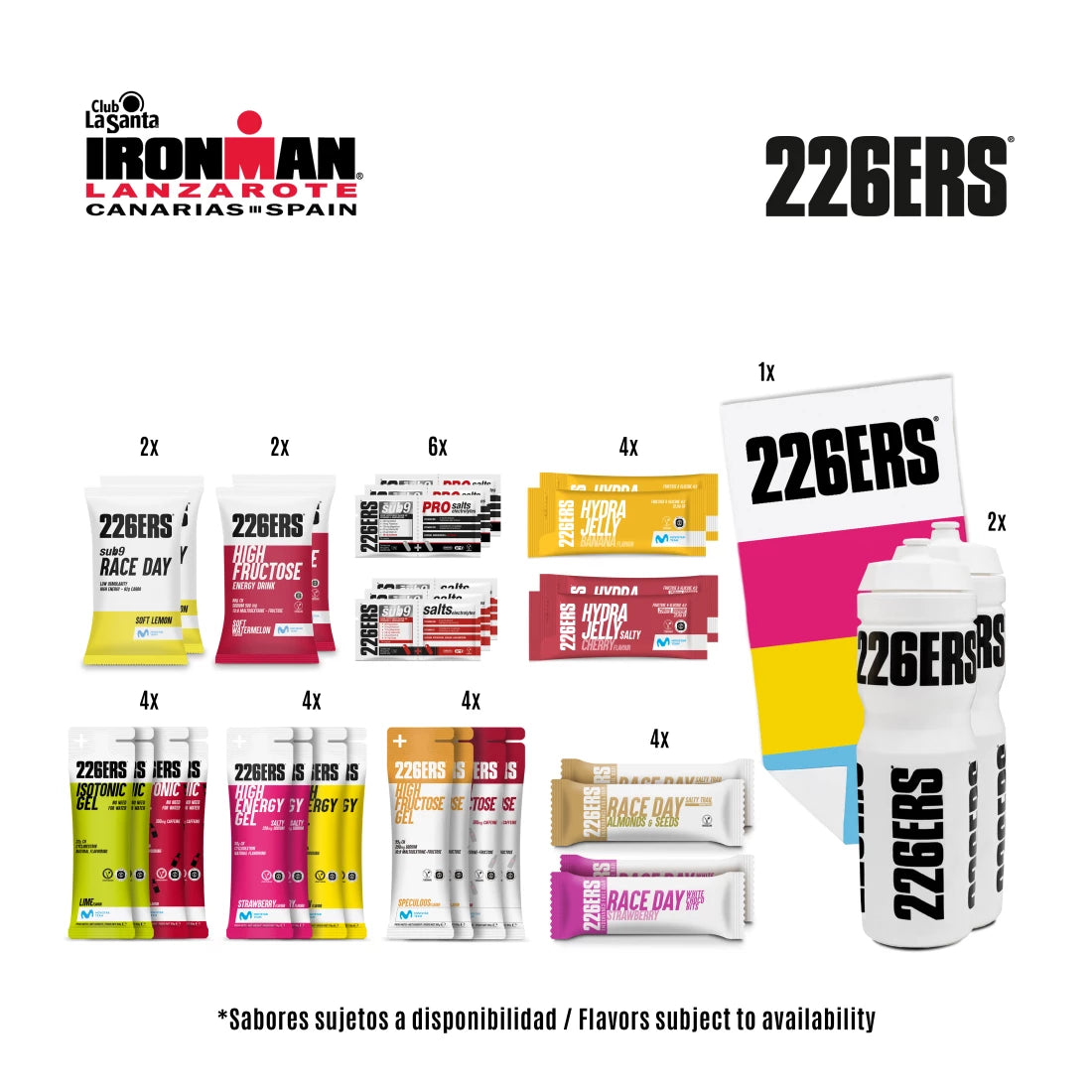Jessica Mataix, Ultra-Trail and Program 226ers runner, reflects on her first entry for #Feedyourdreams on the hardness of ultrafond tests and her comparison with short and high intensity efforts.
In my first post as a Blogger of 226ers I would like to present myself, in addition to thanking 226ers the opportunity to be virtually surrounded in this blog of so much professional and athlete. I am Jéssica, 31 years old, engineer, "businesswoman" (partner of a micropyme, who only gives me to live; that the word entrepreneur seems to imply being forray) and especially athlete; In addition to sharing more than half a life with another to whom we could put the same adjectives as me, with some more year.
Runner for 6 years, when to meet a challenge, I started and managed to finish an asphalt marathon with only 4 months of training (and I assure you that I had never run more than 20 minutes in a row). But Life is considering challenges, and I usually don't like my back. Thus, challenge after challenge I went to the mountain, and in it, to travel long distances.
Despite focusing on long distances and ultrafond, I don't like to put aside shorter distances, since I am clear that the mountain makes you slow; and more in long distances where I walk a lot. Even I participate in vertical kilometers, tests in which in about 4-5km away, 1000m positive. Explosives is little.
And it is in the abysmal difference Of both types of career, where I want us to value what is more demanding: an ultra of 110 km with more than 8000m positive, which took me 27h to finish it; or a vertical km of 4 km and 1 hour of climb. In an ultra evidently The pulsations are lower, more constant, but without resting anything throughout the race. And in a vertical km the pulsations and breathing They go accelerated throughout the test. I have it clear, the explosive test is more effort, and in the other less effort but more prolonged.
An ultra trail runs more with a head than with legs; There comes a time when it is incredible how you can run, walk and not stop even if the legs hurt. And how the last km motivation drives more than the legs too. The sleep factor It also appears, and each one affects differently. Finishing an Ultra Trail Many people could finish it, you just want to want (and not go out of rhythm). Another thing is to win it, for that there are already a few "chosen."
I am not a nutritionist, nor a degree in Physical Education, and that is why I do not know at the neuronal and physical level what to perform an activity for so many hours in a row can suppose. But I think that not putting the heart so to the limit (contrary to a vertical km), it shouldn't be so bad ... or yes?
Image: José Mestre











